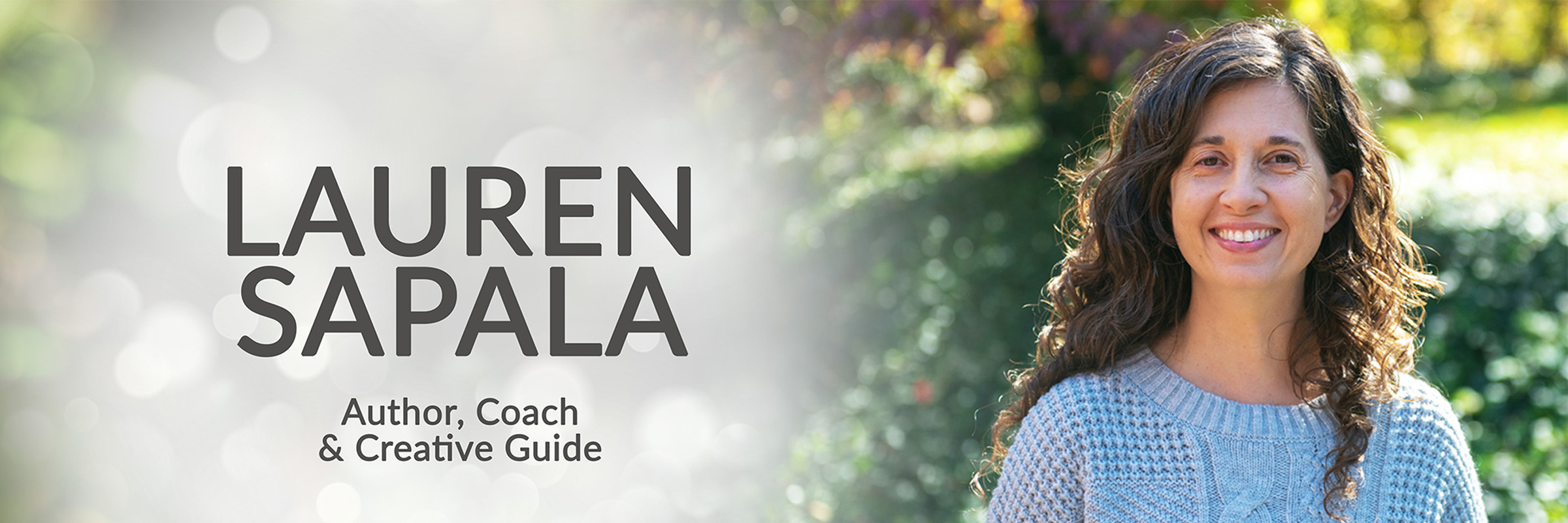
Every writer struggles with the fear of being judged at some point. It’s hard not to when the whole point of your creative work is to ultimately put it out there in the world for other people to read. But for most writers, this fear of being judged is a manageable struggle. Sure, it sucks and it’s uncomfortable, but it can also be negotiated and moved past. It doesn’t stop them from writing or from sharing their writing with the world.
However, there is a certain type of writer who not only struggles with the fear of judgment, but is completely paralyzed by it. This type of writer often reports extremely high levels of anxiety when they even think about showing someone else what they’ve written. They also often feel like everyone is observing them, all the time, and so the judgment coming at them isn’t solely limited to their ability as a writer.
This type of writer might feel like everyone is judging their clothing style when they go to the supermarket, or everyone is judging the way they speak at a work meeting. It’s a form of social anxiety, but a form that goes so deep that most of the time the writer is unaware of the extent to which it rules their life. They have a very hard time taking risks, making changes, or embracing the unexpected, because they feel as if they’re always under a microscope.
This is the high-anxiety perfectionist writer, and the condition comes out of living through a childhood with one or both parents being toxic narcissists. As a child, the writer really was judged for everything, because the parent saw the child as an extension of themselves. Because narcissists are extremely insecure individuals underneath the mask they wear, if the child ever made a mistake or did anything to even slightly embarrass the parent, the child was swiftly demoralized, bullied, shamed, and made to feel less than.
If you’ve ever lived with a narcissist (or worked for one) you know they watch everything. They are constantly waiting for you to mess up, and when you do make a mistake, they pounce on you with glee. You doing or being anything less than perfect is simultaneously satisfying and threatening to them. Satisfying because cutting down other people distracts them from the pain inside for a little while, and threatening because the most terrifying thing in the world to a narcissist is imperfection. They became narcissists because their own fears and wounds around being abandoned for not being perfect completely took over their personality, and so when they see imperfection in any form it reminds them of the truth. They’re not perfect either, and anyone could discover that at any moment.
If you are a Highly Sensitive Person who is also a creative introvert, and you grew up in this type of situation with a narcissistic parent, you’re going to have big triggers around self-expression. Any time you self-express, you risk being messy, or weird, or not like everyone else. You risk being imperfect. And because of your childhood conditioning, it was drilled into you that imperfect is the worst thing you could possibly be.
There is hope though. You’re not doomed to be a blocked writer forever. You can get past severe perfectionism, but you’re going to have to do it in a way that focuses on healing and safe exploration, instead of forcing and pushing and working toward achieving goals, because working toward achieving goals is like crack cocaine to a high-anxiety perfectionist writer. We will work ourselves into the ground, never rest, never ask for help, silently suffocate inside, and then blame ourselves for everything. Then we’ll try to do it all over again.
So it can’t be about achieving and it can’t be about meeting goals. The focus has to shift to feeling and healing. This is scary territory for high-anxiety perfectionist writers, but it is the only way through that will ever get us anywhere.
You can start by letting go of your to-do list (which, if you’re a high-anxiety perfectionist writer, is a mile long and becomes longer every day), and then letting go of all the ideas of what you “should” be or how you “should” write or what kind of book you “should” be working on because that’s what all the experts and other high achievers say you should be doing.
That first step is all about letting go, and letting yourself rest for a while so you can create space to allow for a new way of being in the world. As you work with this new way of being, you’ll discover that you’re not constantly tired anymore, or afraid that everyone is watching you. You’ll find that you’re more interested in the book YOU actually want to write, rather than what all the “experts” are saying about what makes for a successful story.
You’ll also find that the ghosts of your past will most likely show up again, this time ready for you to give them a proper burial. Your wounds will come to the surface, ready to teach you through the pain inflicted on you long ago, and ready to finally be healed.
Most importantly, your writing voice will emerge, your REAL writing voice. The voice that is you, in all your beautiful imperfection. The voice that is more interested in connecting with other people, instead of impressing them or gaining their approval.
All this is possible, but you have to take that first step. You have to let go.
Lauren Sapala is the author of The INFJ Writer and The INFJ Revolution. She is also currently offering a free copy of her book on creative marketing for INFJ and INFP writers to anyone who signs up for her newsletter. SIGN UP HERE to get your free copy of Firefly Magic: Heart Powered Marketing for Highly Sensitive Writers.



